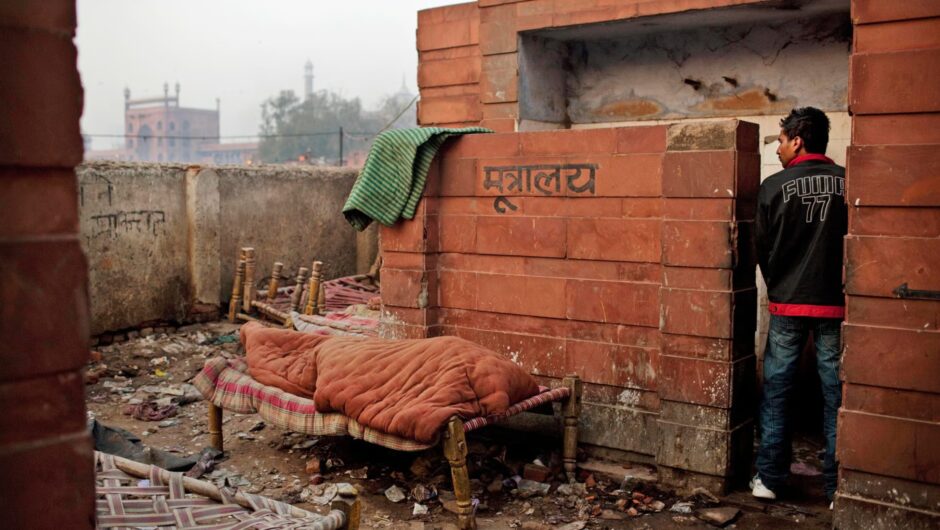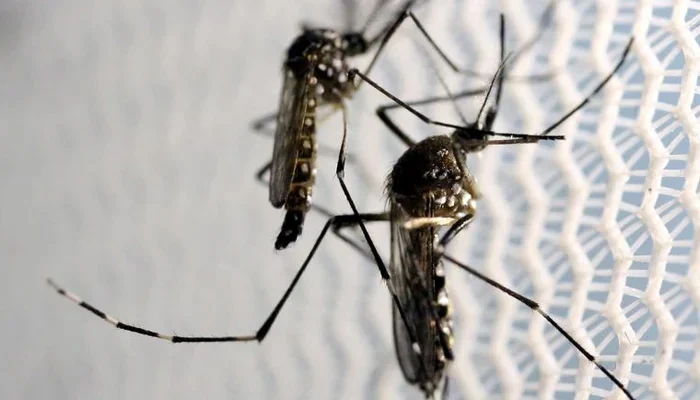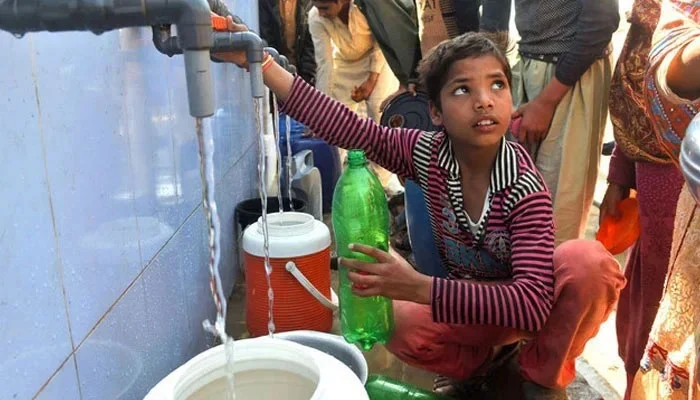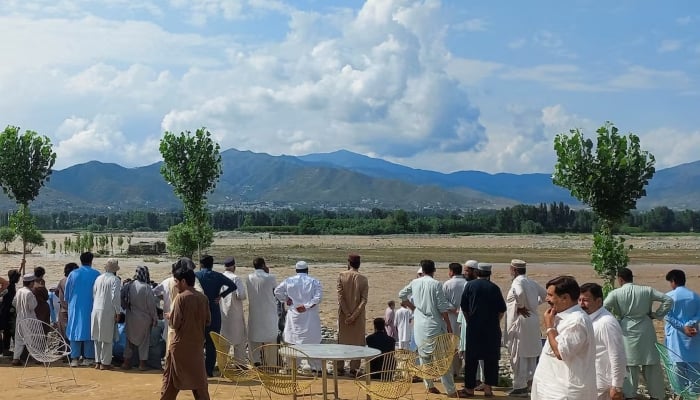The Punjab government has announced a heartwarming gift for students in government schools across the province: an extended 10-day Eid-ul-Fitr holiday. As per the directive issued by the School Education Department, all institutions under its jurisdiction will remain closed from March 28 to April 6, with academic activities resuming on April 7. Secretary of School Education, Khalid Nazir Wattoo, emphasized that this decision reflects the government’s commitment to prioritizing cultural values, family bonds, and the well-being of students.
A Time for Celebration and Togetherness
Eid-ul-Fitr, marking the end of the holy month of Ramadan, is one of the most joyous occasions in the Islamic calendar. It is a time for prayer, gratitude, and communal harmony, as families gather to celebrate after a month of fasting and spiritual reflection. By extending the holidays, the Punjab government acknowledges the significance of allowing students and educators ample time to immerse themselves in these traditions. For many families, especially those in rural areas, Eid preparations begin days in advance, involving cooking festive meals, shopping for new clothes, and visiting relatives. The 10-day break ensures that students are not rushed, reducing academic stress and enabling full participation in cultural and religious practices.
Balancing Education and Well-Being : Punjab
Secretary Khalid Nazir Wattoo highlighted that the decision was made after careful consideration of both academic schedules and the emotional needs of students. “Education is not just about textbooks; it’s about holistic development,” he stated. The extended break allows children to recharge after the rigor of exams and daily studies, particularly following the physically demanding month of Ramadan. Mental health experts often stress the importance of downtime for young learners, and this hiatus provides a much-needed opportunity for rest and recreation.
Moreover, the holidays accommodate families who travel long distances to reunite with loved ones. In Punjab, where many parents work in urban centers far from their ancestral villages, the extended period facilitates smoother travel planning, reducing the anxiety of rushed trips. For students, this means quality time with grandparents, cousins, and friends—a vital aspect of social development often overlooked in academic discourse.
Government’s Proactive Stance on Cultural Preservation
This move underscores the Punjab government’s efforts to align educational policies with cultural and religious values. By granting extended Eid holidays, the administration recognizes that preserving traditions is integral to fostering a sense of identity and belonging among students. It also sets a precedent for other regions to follow, demonstrating how governance can harmonize institutional responsibilities with societal needs.
Critics might argue that prolonged breaks disrupt the academic calendar. However, the government has proactively addressed this by announcing a clear resumption date (April 7), allowing schools to plan their syllabi accordingly. This foresight ensures that learning outcomes remain unaffected while prioritizing student welfare.
A Model for Inclusive Policy-Making : Punjab
The announcement applies exclusively to government schools, which cater to a large demographic of middle- and low-income families. This inclusivity ensures that all students, regardless of socioeconomic background, can celebrate Eid without academic pressures. In contrast, private schools often autonomously decide holiday schedules, which may not always align with the needs of diverse communities. The government’s uniform directive thus promotes equity, ensuring no child is left behind in partaking of this cultural celebration.
Conclusion: Celebrating Eid with Gratitude and Joy
As Punjab’s government schools prepare to close their gates for Eid, the extended holidays symbolize more than just a break—they represent a celebration of faith, family, and community. Secretary Wattoo’s announcement has been met with appreciation from parents and educators alike, who view it as a testament to responsive governance.
In a world where academic pressures often overshadow holistic growth, Punjab’s decision strikes a balance. It reminds us that education systems thrive when they honor the cultural fabric of their communities. As students return to school on April 7, reenergized and enriched by their Eid experiences, the province takes a step forward in nurturing not just scholars, but well-rounded individuals rooted in their heritage.
Topics #featured #Punjab #trending pakistan




